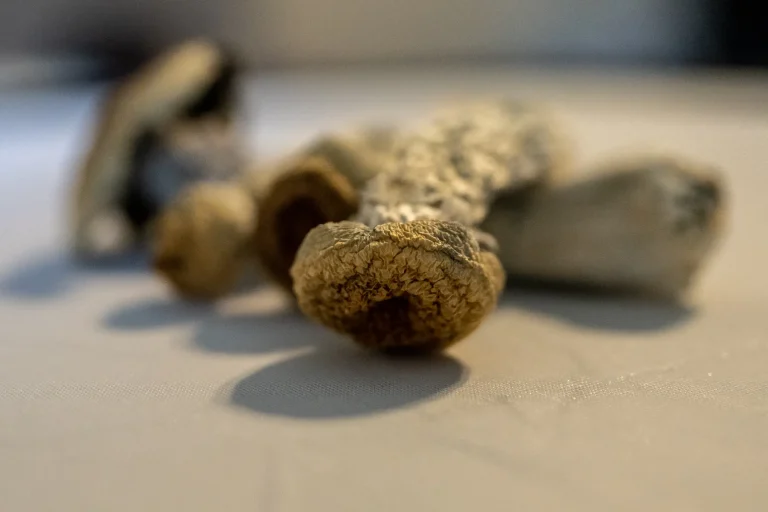The use of lie detector tests varies by jurisdiction. In some places, they are admissible in court as evidence, while in others, their use is restricted or prohibited due to concerns about their reliability. The professional lie detector test services across the United States must understand the legal implications before administering such tests.
Ethical Considerations
The ethical aspects of using professional lie detector test services across the United States are complex. Critics argue that these tests may produce false positives or negatives, leading to potential injustices. The invasion of privacy and the stress experienced by examinees are also significant ethical concerns.
Law Enforcement and Security Agencies
Lie Detector Tests in Police Departments
In law enforcement, polygraph exams are often employed during criminal investigations to gather additional information or narrow down suspects. However, their use in this context remains controversial.
Use of Polygraphs in National Security
Security agencies sometimes use lie detector tests to screen potential employees and ensure the trustworthiness of personnel handling sensitive information. However, many experts question the reliability of polygraph results.
Government Positions and Intelligence Agencies
Screening for Sensitive Government Jobs
Certain government positions require individuals to undergo lie detector tests during the background check process. These positions often involve access to classified information or significant responsibilities.
Lie Detector Tests in Intelligence Operations
Intelligence agencies may utilize polygraph examinations to identify potential security risks and prevent leaks of confidential information.
Pre-Employment Screening

Lie Detector Tests in Private Companies
Some private companies, particularly those dealing with valuable assets or high-stakes situations, use lie detector tests to assess a candidate’s honesty during the hiring process.
Controversies Surrounding Pre-Employment Polygraphs
Critics argue that pre-employment polygraphs can be intrusive and ineffective, potentially deterring qualified candidates from applying.
Criminal Investigations
Supporting Evidence Collection
In criminal investigations, lie detector tests may gather additional evidence or encourage suspects to cooperate.
Influence of Lie Detector Results in Court
The admissibility and weight of polygraph results in court vary widely across different jurisdictions.
Workplace Investigations
Addressing Employee Misconduct
Employers may use lie detector tests to investigate alleged misconduct within the workplace.
Employee Rights and Privacy Concerns
Balancing the rights of employees and the need for a safe work environment is a crucial consideration when implementing workplace lie detector tests.
Rehabilitation Programs
Monitoring Offenders’ Progress
In certain rehabilitation programs, polygraph tests monitor offenders’ compliance with their treatment plans.
Assessing Probation Compliance
Offenders on probation may be subjected to lie detector tests to ensure they are following the terms of their probation.











